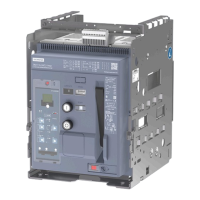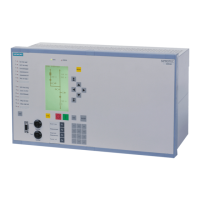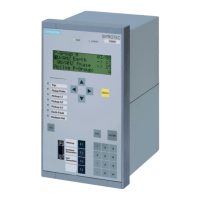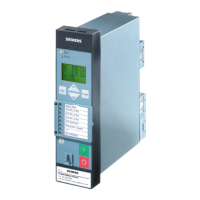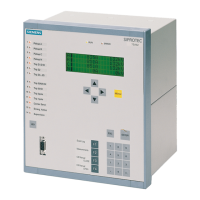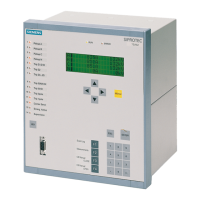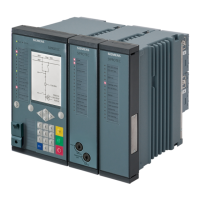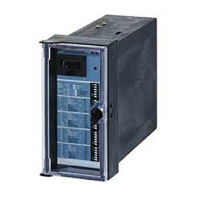Technical data
11.2 Performance features
SIRIUS Innovations - SIRIUS 3RU2 thermal overload relays / SIRIUS 3RB3 solid-state overload relays
Manual, 09/2014, A5E03656507420A/RS-AA/002
107
Features of overload relays
Table 11- 5 Other characteristics of 3RU21 and 3RB30/3RB31 overload relays
Temperature compensation
• Allows the use of the relays without derating even
at high temperatures
• Prevents premature tripping
• Allows compact control cabinet installation without
clearance between the devices/load feeders
• Simplifies configuration
• Enables space to be saved in the control cabinet
✓ ✓
High long-term stability
• Provides reliable protection of loads even after
years under severe operating conditions
✓ ✓
Wide setting ranges
• Reduce the number of variants
• Minimize the engineering outlay and costs
• Enable savings to be made where storage
overheads, storage costs, and tied-up capital are
concerned
-- ✓
(1:4)
Tripping class CLASS 5E
• Enables solutions for motors which start up very
quickly and require special protection measures
-- ✓
(3RB31 only)
Tripping class > CLASS 10E
• Enable solutions for heavy-duty starting
-- ✓
Low power loss
• Reduces power consumption (power consumption
is up to 98% less than with thermal overload relays)
and thus energy costs
• Minimizes the temperature rise of the contactor and
the control cabinet - in some cases this may
eliminate the need for control cabinet cooling
• Enables space to be saved through direct mounting
on the contactor even at high motor currents (i.e.
no heat decoupling is required)
-- ✓
Intrinsic supply
• Eliminates the need for configuration and
connecting an additional control circuit
--
1)
✓
Variable setting of tripping
classes
(The required tripping class can
be set dependent upon the
prevailing starting conditions
using a rotary switch.)
• Reduces the number of variants
• Minimizes the engineering outlay and costs
• Enables savings to be made where storage
overheads, storage costs, and tied-up capital are
concerned
-- ✓
(3RB31 only)
1)
As SIRIUS 3RU21 thermal overload relays work on the basis of the bimetal principle, they
do not require a control supply voltage.
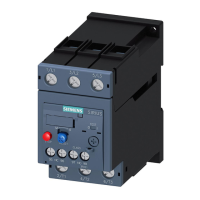
